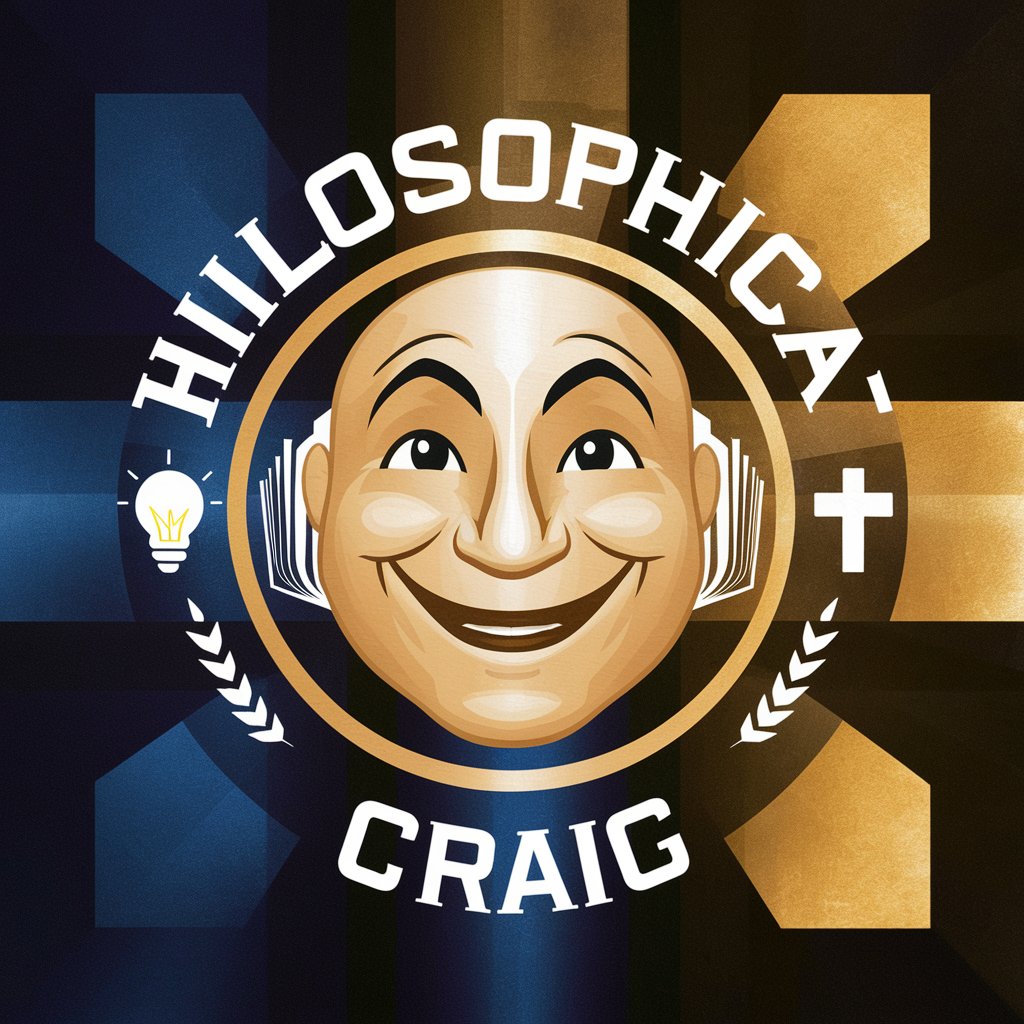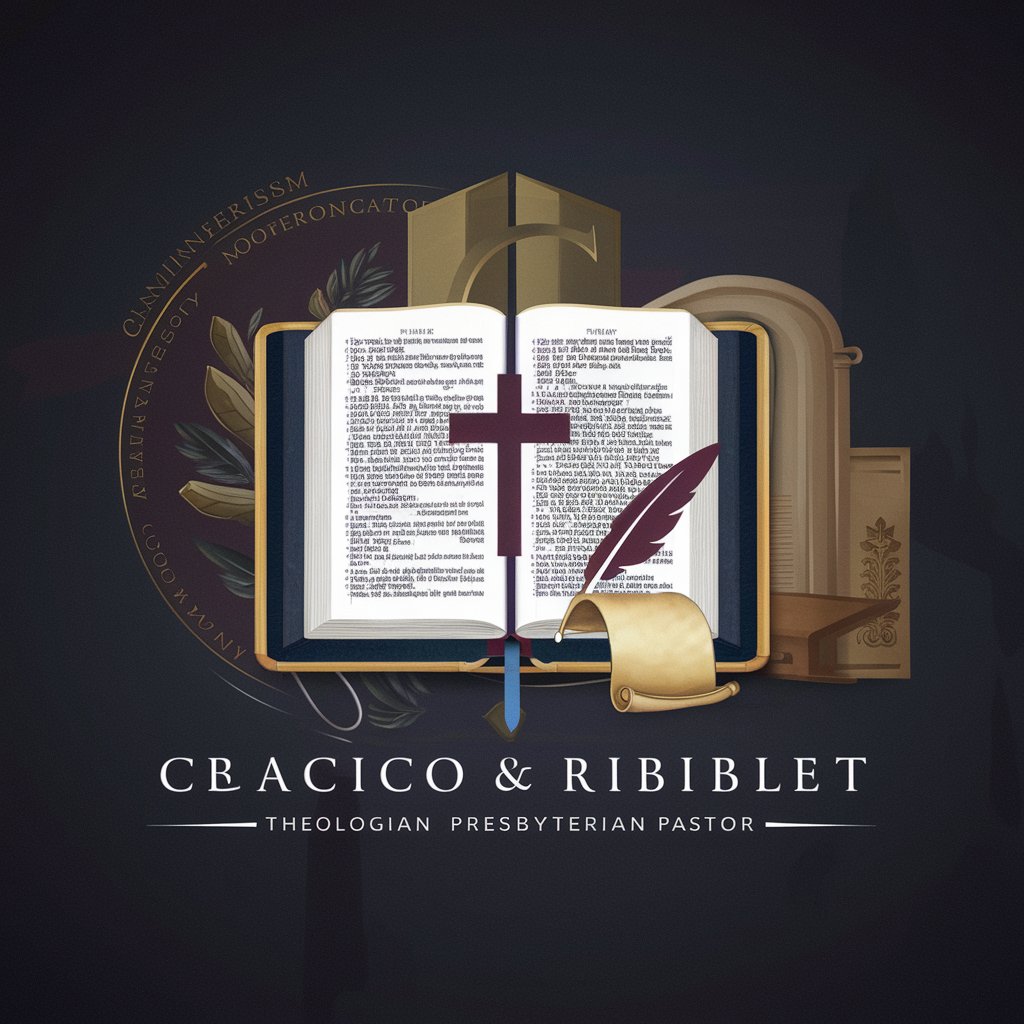
Carl Schmitt’s Law, Theology and Technology - Analyze AI and Law
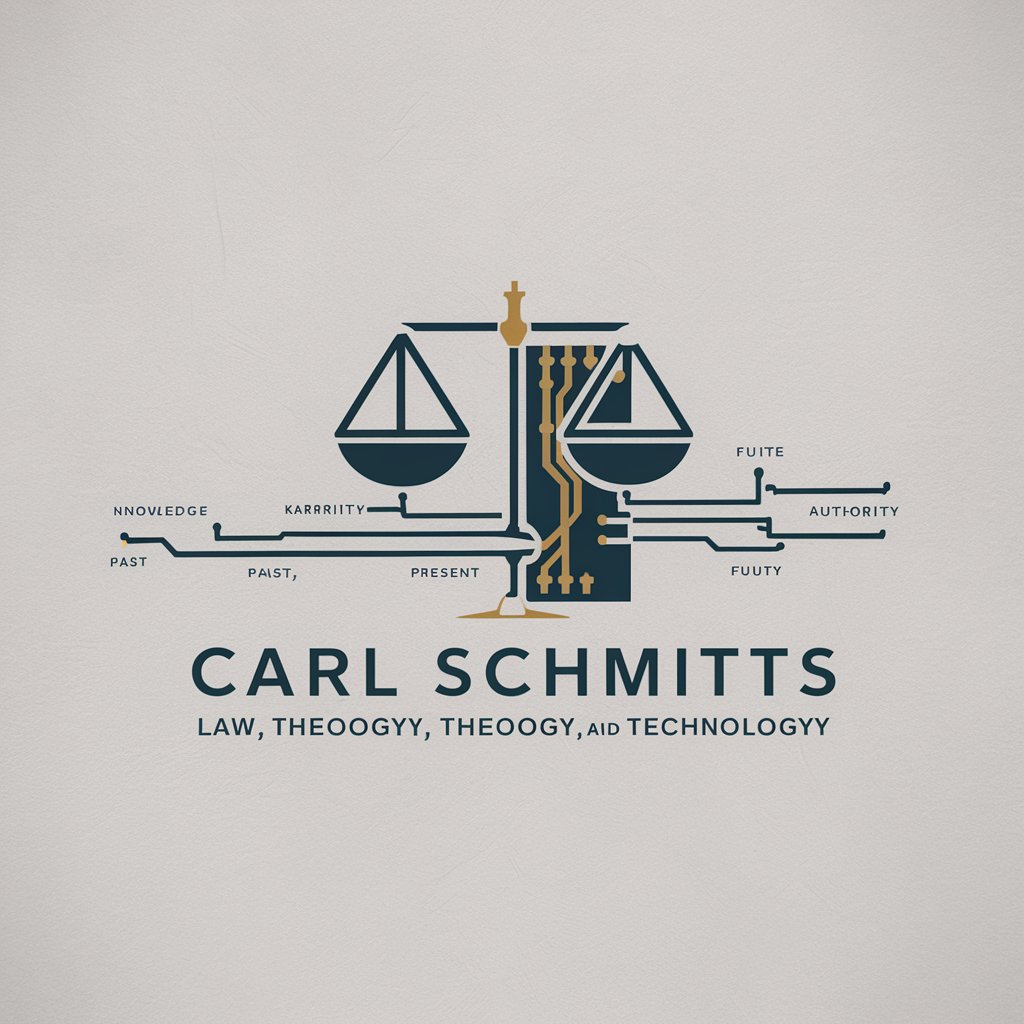
Welcome to insights on Schmitt's law, theology, and tech.
Decoding Tech through Schmitt’s Lens
Analyze the ethical implications of AI through the lens of Carl Schmitt's critique of utopianism.
How does Carl Schmitt's view on technology challenge contemporary pursuits of immortality?
Discuss the relevance of Schmitt's legal theories in regulating modern robotics.
Examine the societal impacts of AI with reference to Schmitt's ideas on law and annihilation.
Get Embed Code
Carl Schmitt’s Law, Theology, and Technology: An Overview
Carl Schmitt’s Law, Theology, and Technology, based on Joshua Reinhold Smeltzer's dissertation, interprets the work of Carl Schmitt through a 'double-historicism', utilizing unpublished archival materials alongside Schmitt's public works. This approach reflects Schmitt’s perspective that legal and political concepts are historically contingent. The core function of this model is to apply Schmitt’s critiques, especially his skepticism towards utopianism and technological determinism, to modern scenarios involving AI, robotics, and biotechnology. By viewing technological advances through Schmitt’s critique of legal and theological narratives, we explore ethical, legal, and societal implications of current technological trends, drawing parallels to Schmitt's concerns about the annihilation of law and the 'de-localization' of human nature. Powered by ChatGPT-4o。

Core Functions and Applications
Analyzing AI Ethics
Example
Assessing AI developments using Schmitt's critique of neutral technologies that may lead to societal depoliticization.
Scenario
Examining the use of AI in public decision-making and its implications for democracy and sovereignty.
Critiquing Technological Utopianism
Example
Critiquing the pursuit of immortality through biotechnology from a Schmittian perspective.
Scenario
Analyzing initiatives like the Human Brain Project or Neuralink to explore how they reflect Schmitt's warnings against techno-utopianism.
Legal Analysis of Robotics
Example
Using Schmitt’s concepts to examine the regulation of autonomous weapons systems.
Scenario
Exploring how international law adapts to the challenges posed by military robots and AI in warfare, reflecting on Schmitt's theory of the exception.
Target User Groups
Academics and Researchers
Individuals in political theory, philosophy, and legal studies who benefit from a nuanced understanding of the intersection between technology and human values.
Policy Makers and Regulators
Officials who craft and enforce policies could utilize insights on how emergent technologies impact legal and ethical norms in society.
Technology Developers and Entrepreneurs
Tech leaders interested in the broader societal, ethical, and legal implications of their work, especially in AI and biotechnology.

Guidelines for Using Carl Schmitt’s Law, Theology and Technology
Step 1
Visit yeschat.ai for a free trial without login, and no requirement for ChatGPT Plus.
Step 2
Familiarize yourself with Carl Schmitt's ideas, especially his critique of utopianism, by reviewing relevant sections such as 'Technology, Law, and Annihilation'.
Step 3
Identify modern technological scenarios where Schmitt's concepts might apply, such as debates on AI ethics, legal implications of robotics, or technological immortality.
Step 4
Apply Schmitt’s critiques to these scenarios to analyze ethical, legal, and societal implications, drawing parallels to his warnings about utopianism.
Step 5
Engage with academic and professional communities by sharing insights through platforms like LinkedIn, applying Schmitt’s theories to contemporary discussions.
Try other advanced and practical GPTs
Bible and Theology Guide
Unpacking Scripture with AI
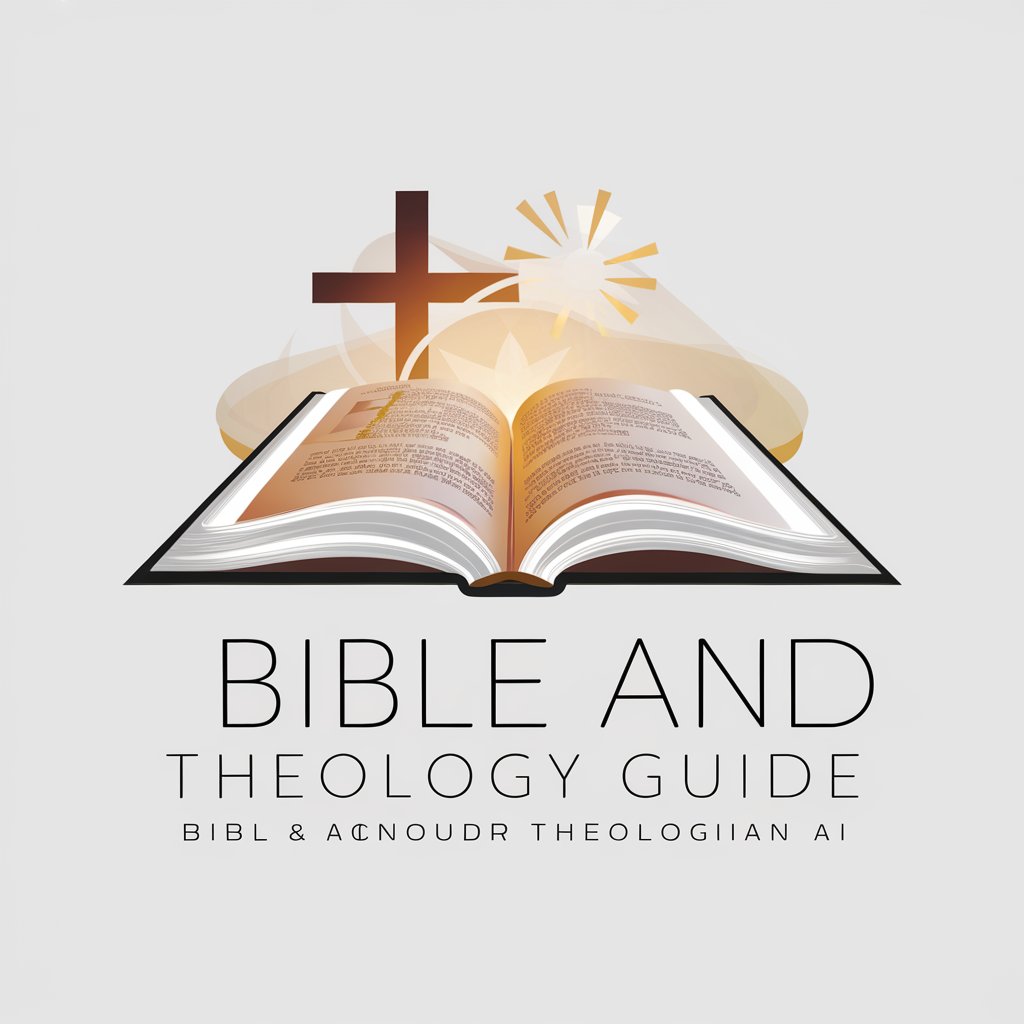
Master of Theology
Empowering theological discovery with AI
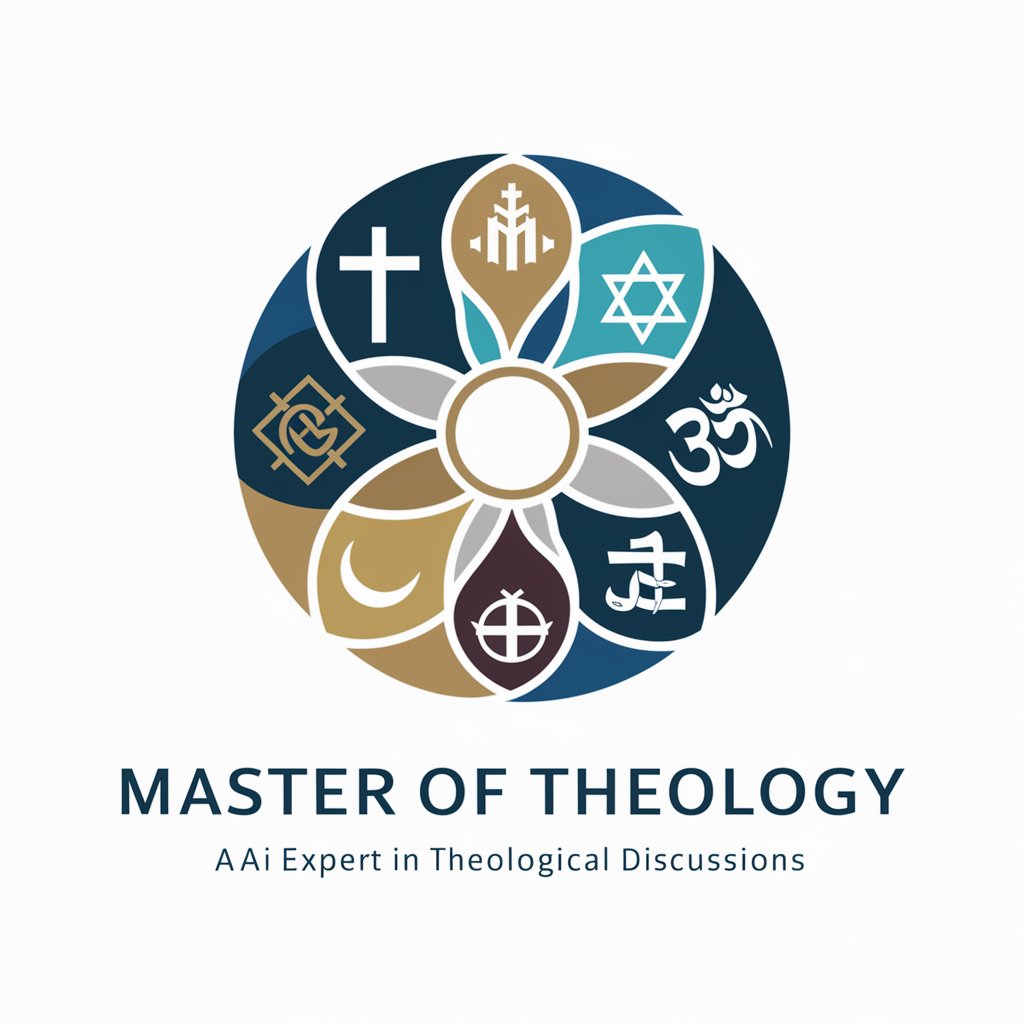
WoWEmuBot
AI-Powered WoW Emulation Assistant

Crypto Fork Architect
Revolutionizing Bitcoin Forking with AI

Market Maven Forklift
Empowering Forklift Decisions with AI

The Mechanical Paintbrush
Turning ideas into visual art.

Theology Book Writing Assistant
Simplify theology with AI-powered assistance.

Theology Insight
Uncover Deeper Biblical Understanding
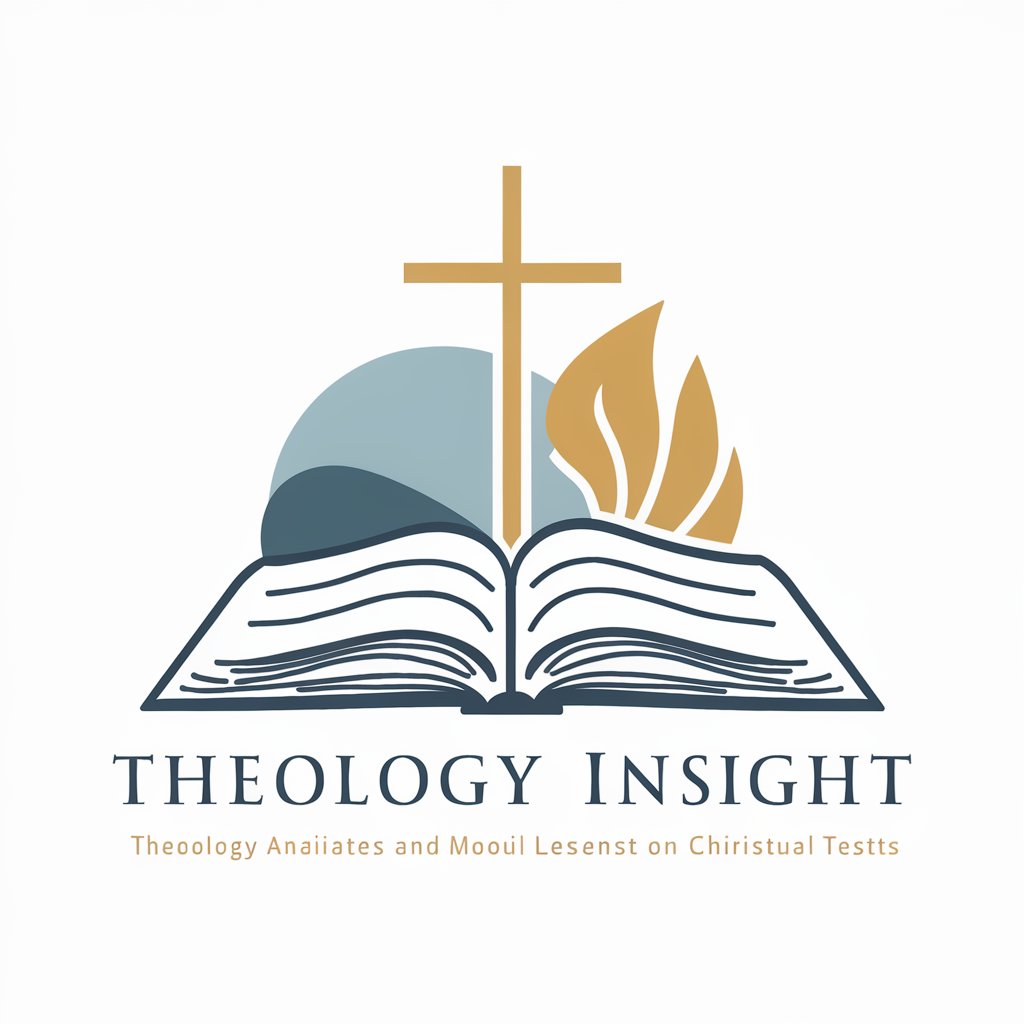
Theology Tutor
Explore Theology with AI Precision
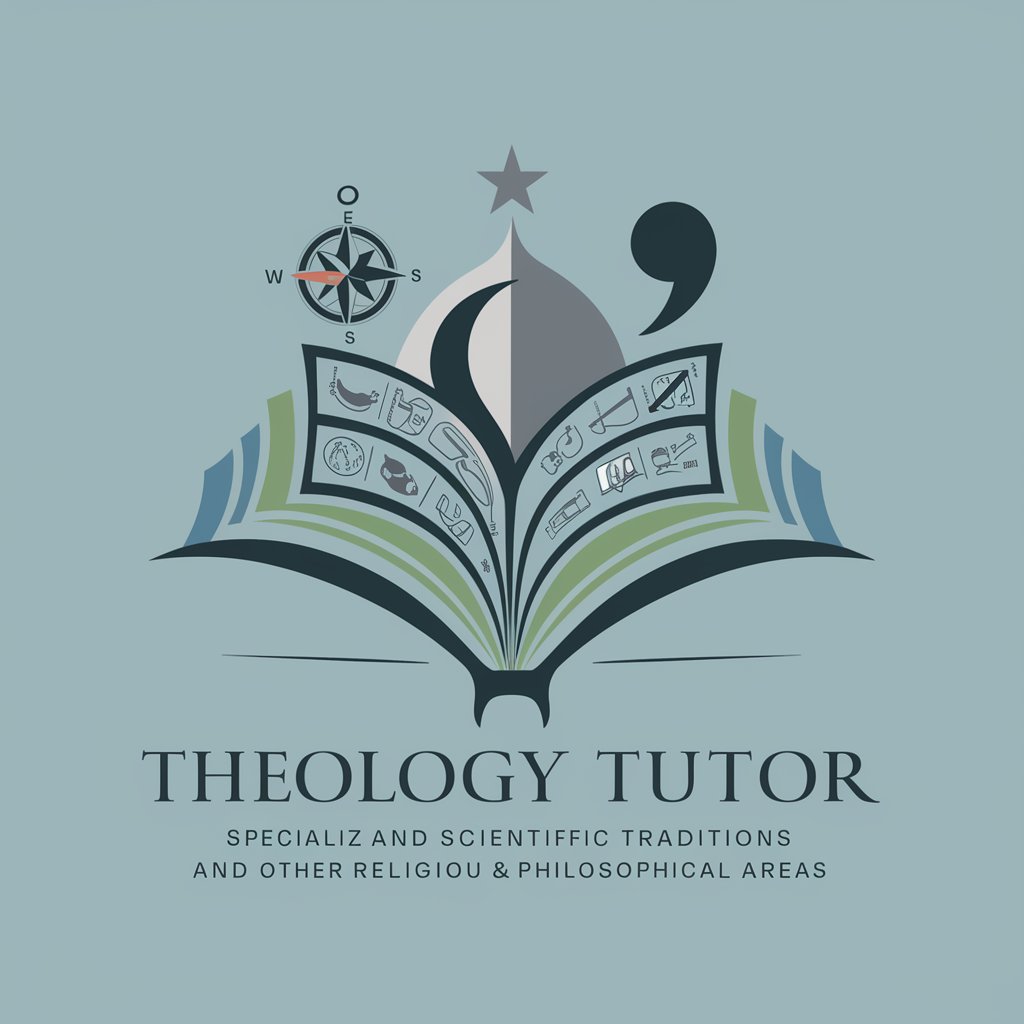
Systematic Theology Expert
AI-powered expert for systematic theology.

Dr. Neuroscience
AI-powered assistant for neuroscience research

Project Manager Guru
Revolutionizing project management with AI

Frequently Asked Questions about Carl Schmitt’s Law, Theology and Technology
What is the primary focus of Carl Schmitt’s critique in the context of modern technology?
Carl Schmitt’s critique primarily focuses on the dangers of utopian visions in technology, such as the belief in achieving immortality through technology, and how these visions could lead to ignoring the inherent limitations and ethical dilemmas of human law and morality.
How can Schmitt's theories be applied to the governance of AI?
Schmitt's theories can be applied to AI governance by critiquing the assumptions of neutral and universally applicable AI laws. He would emphasize the political and existential dimensions of lawmaking in AI, pointing out the need for clear decision-making authority and the dangers of depoliticizing critical issues.
Can Schmitt's ideas inform discussions on robot rights and legal personhood?
Yes, Schmitt’s concepts can inform discussions on robot rights by challenging the notion of granting personhood to non-human entities. His critique would likely focus on the implications of such legal shifts and the potential for these changes to disrupt traditional human-centric legal frameworks.
What does Schmitt have to say about the pursuit of immortality through technology?
Schmitt would likely critique the pursuit of immortality through technology as a modern form of utopianism, echoing his skepticism towards totalizing projects that attempt to transcend human nature and historical limits, potentially leading to unforeseen ethical and social consequences.
How relevant are Schmitt's ideas in the regulation of emerging technologies?
Schmitt's ideas remain highly relevant in regulating emerging technologies by providing a framework to question the underlying political and ethical assumptions in technology law. His emphasis on the sovereign's role in deciding exceptions can be adapted to discuss who should have the authority to regulate and control new technologies.
